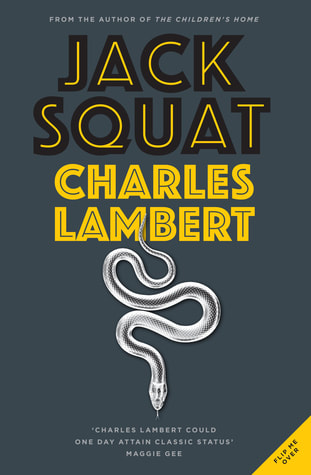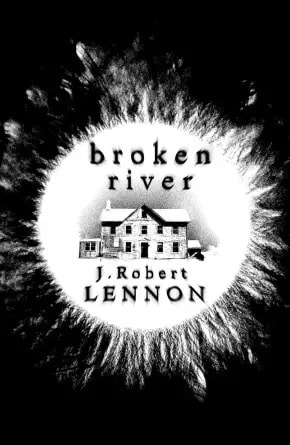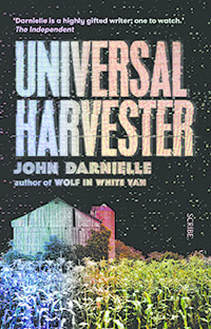Two Dark Tales: The Niche & Jack Squat by Charles Lambert
Gordon’s unemployment, and subsequent financial problems, is causing friction in his relationship with his partner, Omar, and rendering life in the countryside south of Rome less than idyllic. When an English friend asks if they can assist Dutchman Cees in finding and purchasing a quirky-but-traditional home in the area, for a fee, it seems the answer to their problems. Who cares if the property they identify comes with a history and one of the four brothers who own it is reluctant to sell? Cees loves it and is soon camping in the grounds awaiting renovation. But his former partner back in the UK is getting worried about is increasingly crazy communications. The couple agree to drive out there to check up on him, but only when they can spare the time from another dodgy real-estate project. Have the pair been economical with the truth, and will they be free to take the money and begin a new life in France, or will they have their comeuppance?
Broken River by J Robert Lennon
The house they’ve chosen has stood empty for over a decade after a brutal double murder. Like many unresolved crimes, this has become the focus for internet speculation, irresistible to a precocious preteen with a lively imagination. Unwittingly, an image Irina posts on the site brings the killers back to the area, spelling danger for the family and their new friends.
The novel opens with the original murders, but I’m afraid I abandoned that chapter after the second “if an observer …”. This Observer is a ghostly presence that, unnecessarily my opinion, peppers the later narrative, but is less of an irritant once you’re sucked into the characters and plot. That tricksy narrative device aside, J Robert Lennon’s eighth novel is a page-turning thriller about a couple who never should have got together in the first place, and certainly should never have had a child. Thanks to Serpent’s Tail for my review copy.
Universal Harvester by John Darnielle
But the focus shifts from Jeremy, his father and colleagues at the store, to a whole new set of characters. Newly married with a small child, and psychologically adrift, Irene joins a religious cult with a disregard for personal hygiene. Soon she’s abandoned her family without warning or explanation. Her daughter, Lisa, spends the rest of her life trying to find her. Jeremy, with a mother-shaped absence of his own, is responsive to her distorted cry for help.
Thus a horror story morphs into a meditation on yearning and loss. We do discover how and why the videos were doctored, but it’s not quite as spooky as we are led to expect. Does that make for a less satisfying read? I thought so, as I closed my copy, courtesy of publishers, Scribe). Not a patch on John Darnielle’s debut, Wolf in White Van, which (albeit after a shaky start) I loved. And yet. As soon as I finished reading, I began pondering my response to the significant losses in my own life and, from there, back into my current WIP from a slightly different angle. Originally entitled (slightly ironically) Closure, it’s about loss of mothers and mother-figures, but I might not have been sufficiently sympathetic to my character, Henry, who – like Lisa in Universal Harvester – still holds out hope of a return after decades of separation.
On further reflection, then, John Darnielle’s second novel is an intelligent and honest account of the impact of childhood loss and a refreshing antidote to the sugar-coated “closures” a less courageous writer might inflict upon his readers. The theme emerges not only through the narrative arcs of his characters but also in the parallel process of the reader’s experience of not all expectations being met. That he achieves the latter without undue frustration is testament to his literary prowess.
























 RSS Feed
RSS Feed





















